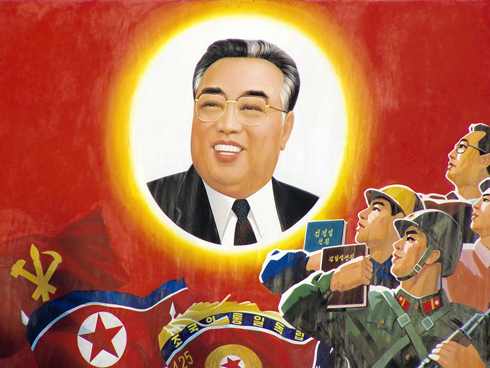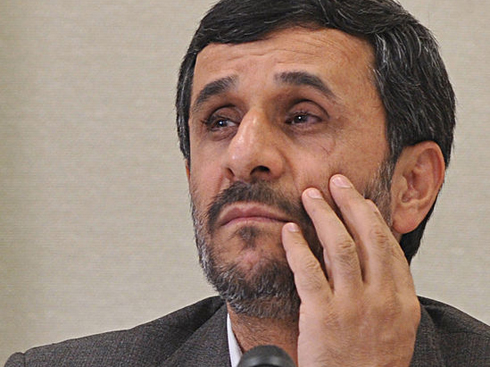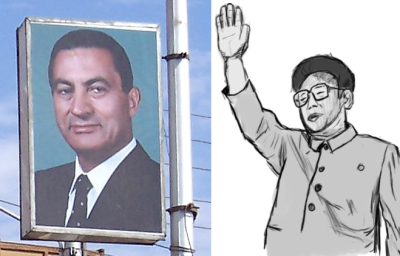
Kim Jong-un’s New Year message emphasized, among other issues, the importance of inter-Korean relations. While many observers read this as a signal that North Korea plans to open-up in 2013, some bloggers and defectors beg to differ, claiming that Kim’s message contained the same old rhetoric of the past half century.
The North Korean leader’s message was well-received by some Western and South Korean media outlets. The New York Times, for example, suggested that Kim’s speech was an ‘overture’ to the South. The paper was particularly intrigued by his comment that the “key to ending the divide of the nation and achieving reunification is to end the situation of confrontation between the North and the South”. Indeed, the same can also be said of Kim’s belief that “a basic precondition to improving North-South relations and advancing national reunification is to honor and implement North-South joint declarations”.
Others dug a little deeper. South Korea’s Unification Ministry blog parsed the statement by keywords and counted that the word ‘unification’ was used 22 times and often in conjunction with “frequent”. This, the blog concludes, reflects a pattern that has emerged over the past three years that suggests that increasing openness by North Korea is on the horizon.
Many observers were also intrigued by the change in format for the New Year’s message. Instead publishing his statement via the North Korean press – as favored by his late father – Kim emulated his grandfather and gave a televised address. This, suggests the North Korean Leadership Watch blog, adds credibility to arguments that Kim has been trying to emulate Kim il-Sung in order to win wider support among the North Korean population. The founder of North Korea was thought to be widely loved by the population, whereas Kim Jong-il was more feared than respected. Some reports have even speculated that Kim Jung-un intentionally gained weight and mimicked the way his grandfather walked and clapped.




